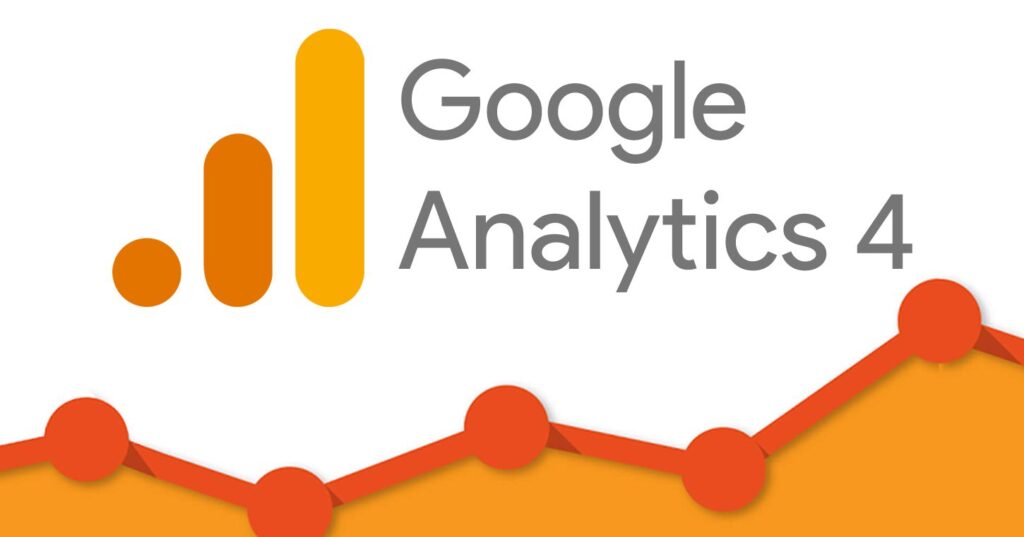In the world of digital marketing, data is king. Understanding and analyzing the performance of your online marketing efforts is crucial for making informed decisions and optimizing your strategies. Google Analytics is a powerful tool that provides valuable insights into website traffic, user behavior, and campaign effectiveness. One key feature of Google Analytics is the ability to set up goals, which allow you to track specific actions or interactions on your website. In this blog post, we will delve into the importance of setting goals in Google Analytics, explore the different types of goals you can create, and provide a step-by-step guide on how to set up and track goals to measure the success of your digital marketing campaigns. Whether you are a seasoned marketer looking to enhance your tracking capabilities or a beginner seeking to improve your digital marketing stats, this post will equip you with the knowledge and tools to effectively set and track goals in Google Analytics.
Importance of setting goals in Google Analytics
Setting goals in Google Analytics is crucial for tracking the effectiveness of your digital marketing efforts. Goals help you measure specific actions that are important to your business, such as website conversions, newsletter sign-ups, or product purchases. By defining goals, you can gain valuable insights into how well your website is performing and whether your marketing campaigns are driving the desired results.
Setting goals allows you to track key performance indicators (KPIs) and measure the success of your digital marketing strategies. With defined goals, you can analyze data more effectively, identify areas for improvement, and make informed decisions to optimize your marketing campaigns. Additionally, setting goals in Google Analytics enables you to track the ROI of your marketing initiatives and allocate resources more efficiently to achieve your business objectives.
Types of goals you can create in Google Analytics
When it comes to tracking digital marketing stats using Google Analytics, setting up goals is crucial for measuring the success of your campaigns. There are various types of goals you can create in Google Analytics to track different actions on your website. One common type of goal is a destination goal, where you can track specific pages that visitors reach, such as a thank you page after a form submission or a confirmation page after a purchase. Another type is a duration goal, where you can track how long visitors spend on your site. You can also set up a pages/screens per session goal to measure how many pages or screens a visitor views in a single session. Additionally, an event goal allows you to track interactions like clicks on buttons, downloads, video plays, or other user actions. By setting up these different types of goals, you can gain valuable insights into user behavior and optimize your digital marketing strategies effectively.

Contact with us to get Digital Marketing Services
Step-by-step guide to setting up goals in Google Analytics
Setting up goals in Google Analytics is crucial for tracking the success of your digital marketing efforts. Follow these step-by-step instructions to create goals in Google Analytics:
- Sign in to your Google Analytics account and select the website for which you want to set up goals.
- In the Admin section, navigate to the View column and click on Goals.
- Click on the “+ New Goal” button to create a new goal.
- Choose a goal template that aligns with your objective, such as making a purchase, completing a form, or visiting a specific page.
- Customize the goal details by entering a name, selecting a type (Destination, Duration, Pages/Screens per Session, or Event), and setting the goal details based on your chosen type.
- If you select the Destination goal type, enter the URL or destination page that indicates goal completion.
- Set up a value for your goal if applicable to track the monetary value of conversions.
- Use the Goal Funnel option to track the steps leading to goal completion, especially for multi-step processes.
- Verify your goal setup by clicking on “Verify this Goal” to ensure it works correctly.
- Save your goal, and it will start tracking conversions based on the criteria you set.
By following these steps, you can effectively set up goals in Google Analytics to measure and analyze the success of your digital marketing strategies. Tracking these goals will provide valuable insights into the performance of your campaigns and help you make informed decisions to optimize your online presence.
Tracking and measuring the success of your digital marketing campaigns.
Tracking and measuring the success of your digital marketing campaigns is essential to understanding the effectiveness of your strategies and optimizing your efforts for better results. Google Analytics provides a powerful tool for tracking various metrics and setting up goals to monitor specific actions that impact your business objectives. By creating goals in Google Analytics, you can track crucial conversions, such as newsletter sign-ups, purchases, form submissions, or website engagement.
Setting up goals allows you to measure the performance of your digital marketing campaigns accurately. By analyzing the data gathered from these goals, you can gain valuable insights into your audience’s behavior, campaign effectiveness, and areas for improvement. With this information, you can make data-driven decisions to optimize your marketing strategies, allocate resources efficiently, and achieve your business goals.
When defining goals in Google Analytics, it’s essential to align them with your overall business objectives and key performance indicators (KPIs). By setting specific, measurable, achievable, relevant, and time-bound (SMART) goals, you can track your progress accurately and evaluate the success of your digital marketing efforts. Regularly monitoring your goals and adjusting your strategies based on the insights gained will help you drive continuous improvement and maximize the ROI of your marketing campaigns.


